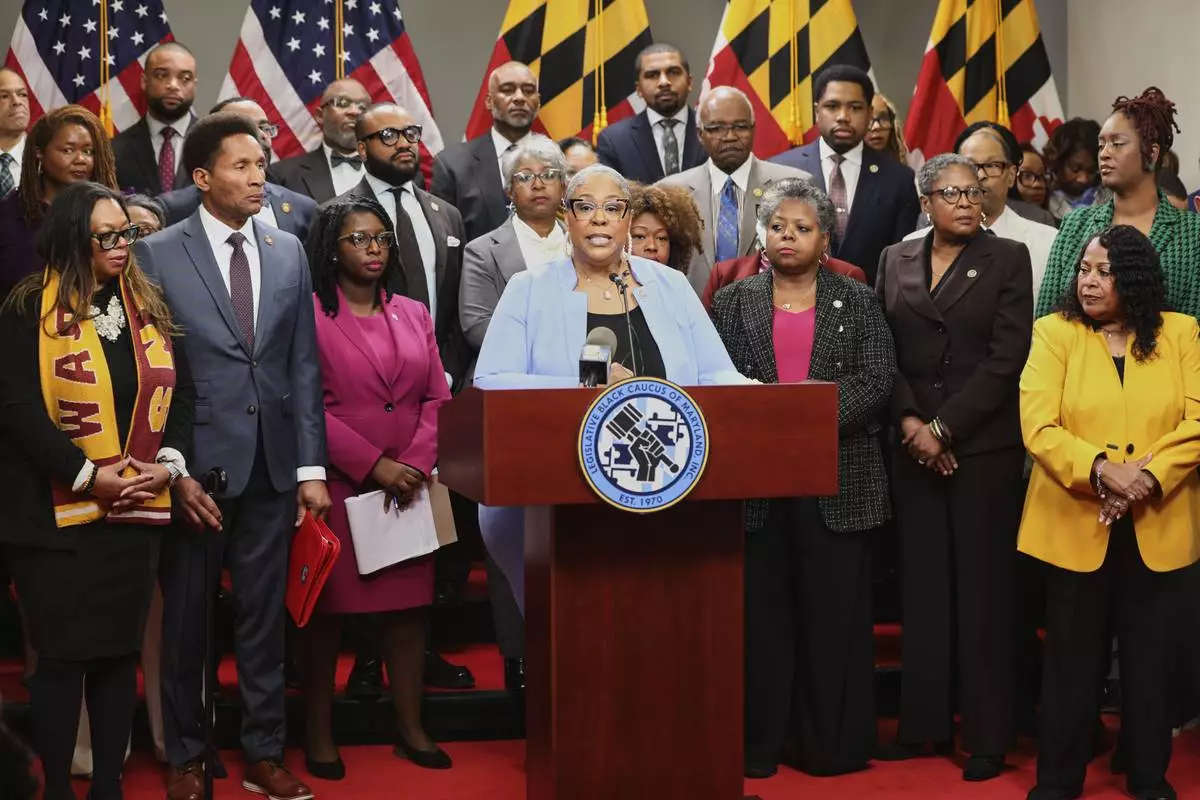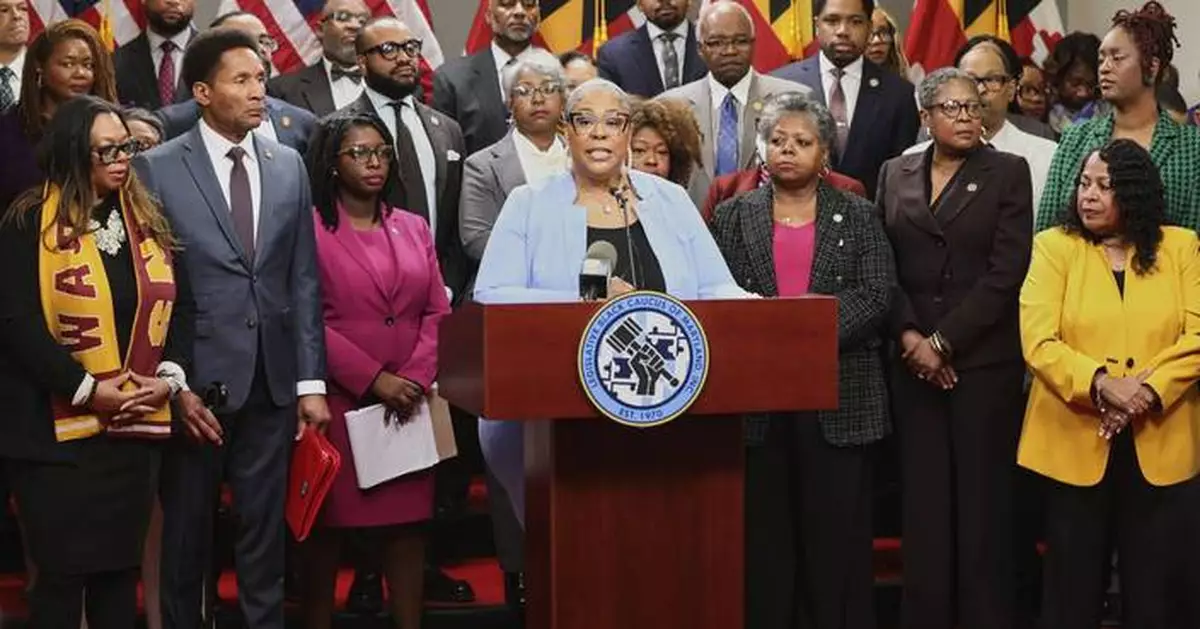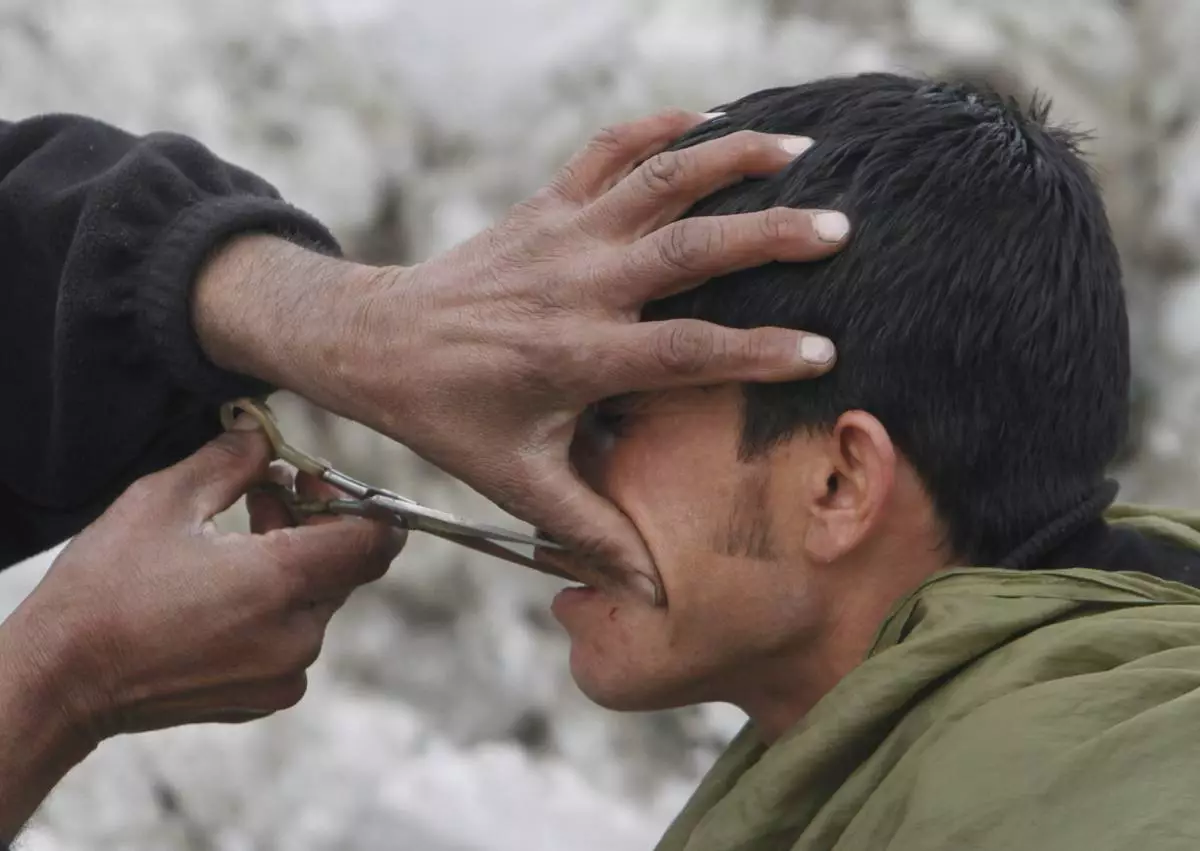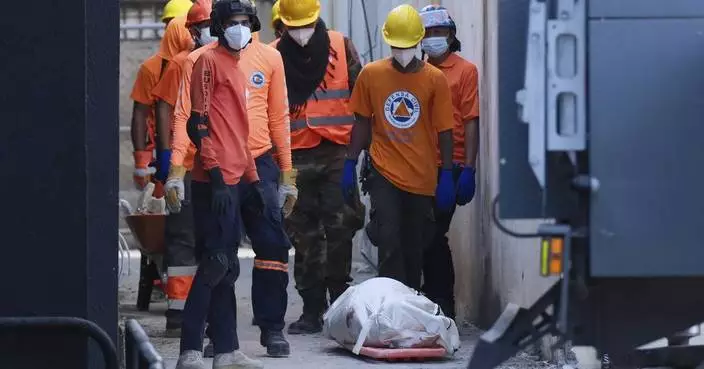ANNAPOLIS, Md. (AP) — Maryland lawmakers voted Wednesday to create a commission to study and recommend potential reparations for slavery and the lingering effects of racial discrimination in the state.
The 101-36 vote in the Maryland House sends the bill to Gov. Wes Moore, a Democrat who says he will consider the legislation.
Potential reparations outlined in the bill include official statements of apology, monetary compensation, property tax rebates, social service assistance, as well as licensing and permit fee waivers and reimbursement. Reparations also could include assistance with making a down payment on a home, business incentives, child care, debt forgiveness, and tuition payment waivers for higher education.
The measure was a top priority of the Legislative Black Caucus of Maryland, which has 66 members and is the largest Black caucus in the nation's state legislatures.
“The commission will carefully examine and evaluate a range of reparations proposals that will not only consider financial restitution, but will also explore strategies to support and uplift vulnerable communities that continue to suffer the lingering and evasive effects of discriminatory practices rooted in systematic racism,” Del. Aletheia McCaskill, a Baltimore County Democrat, said when the caucus outlined its priorities for the legislative session in January.
Moore, who is the state's first Black governor and nation's only Black governor currently in office, has declined to say whether he will sign the measure, noting the lingering impact of racism while also acknowledging the state's difficult budget conditions.
“I have said and long stated that the history of racism in this state is real,” the governor told reporters, adding that the impacts "are still very much being felt and they’ve been structurally felt within the state of Maryland.”
Moore also noted the state's fiscal constraints in a tough budget year, saying he's viewing legislation through the lens of growing Maryland's economy, making the state more business-friendly and investing in the state's people.
Last year, California lawmakers passed some of the nation’s most ambitious legislation aimed at atoning for a legacy of racist policies that drove racial disparities for Black people. None of the bills provided widespread direct payments to Black Americans. Instead, California lawmakers approved the return of land or compensation to families whose property was unjustly seized by the government, and issuing a formal apology.
New York City lawmakers approved legislation last year to study the city’s significant role in slavery and consider reparations to descendants of enslaved people.

Maryland Del. Aletheia McCaskill, a Democrat, speaks about a bill to create a state commission to study potential reparations for slavery during a news conference with members of the Legislative Black Caucus of Maryland, Jan. 16, 2025, in Annapolis, Md. (AP Photo/Brian Witte)




















































